LEISYS 2022 | Speakers
Meet experts from around the world - at Lancaster University in Leipzig or online.

Pradeep Banerjee
Max Planck Institute for Mathematics in the Sciences
Pradeep Banerjee received his PhD in Computer Science from Leipzig University in 2020 under the supervision of Juergen Jost at the Max Planck Institute for Mathematics in the Sciences (MPI MIS) in Leipzig. His research interests include information theory, high-dimensional probability and statistics, and deep learning. Since 2019, he is a postdoc in the group of Guido Montúfar at MPI MiS, where he focuses on deep learning theory.

Manuel Cebrian
Max Planck Institute for Human Development
Manuel is a research group leader at the Max Planck Institute for Human Development, where he leads the Digital Mobilization Research Group. Previously, Manuel held positions at the Massachusetts Institute of Technology (MIT), CSIRO, and the University of California, San Diego. Manuel's research examines computational methods to create incentives that mobilize large groups of people to collaborate in solving major social challenges under time pressure. His current focus is on networked and crowdsourced responses to time-critical threats such as biological weapon attacks, terrorism, misinformation, radicalization campaigns, and cyberwarfare. His published papers appear in Science, Nature, the Proceedings of the National Academy of Sciences of the USA, and other peer-reviewed journals and proceedings in computer science and computational social science.

Marcos Cramer
Dresden University of Technology (TU Dresden)
Marcos applies logic-based methods from knowledge representation and reasoning to model actual human reasoning. The focus of his research is on combining methods from formal argumentation theory, natural language semantics, epistemic logic and philosophical logic to formally model the mathematical, philosophical and logical reasoning of humans. Apart from my research in knowledge representation and reasoning, he is also interested in the usage and linguistic study of gender-neutral language.
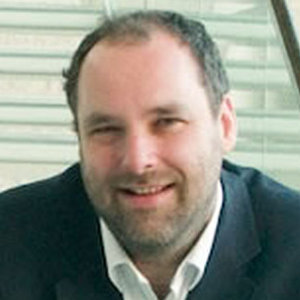
Nigel Davies
Lancaster University
Nigel is a Distinguished Professor of Computer Science and Co-Director of the Data Science Institute (DSI) at Lancaster University. He has held visiting positions at Sony Electronics, Google Research, ETH Zurich and CMU. His work is in the area of pervasive computing including systems support for new forms of data capture and interaction and is characterised by an experimental approach involving large-scale deployments of novel systems with end-users. Nigel has chaired many of the major conferences in the field and is a former editor of IEEE Pervasive Computing and an Associate Editor of IEEE Transactions on Mobile Computing. He has been PI or CI on over £9.8 million worth of grants.
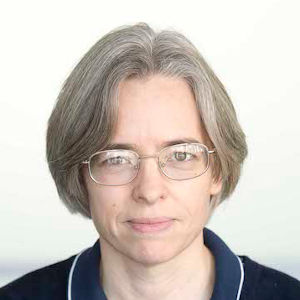
Louise Dennis
University of Manchester
Louise is a senior lecturer at the University of Manchester where she leads the Autonomy and Verification group. Her expertise is in the development and verification of autonomous systems with interests in rational agent programming languages, and architectures for autonomous systems, with a particular emphasis on ethical machine reasoning, explainability and creating verifiable systems. Her work on machine ethics has involved the implementation of a number of ethical theories for decision-making and the formal verification of those implementations. Louise is currently co-investigator on two UKRI Hubs for Robotics for a Safer World: Future AI and Robotics for Space (FAIR-SPACE) and Robotics and AI for Nuclear (RAIN); the Trustworthy Autonomous Systems programme node on Verifiability and the EPSRC funder Computational Agent Responsibility project. She is a member of the IEEE Standards working group for Transparency for Autonomous Systems (P7001).

Simon Dobson
University of St Andrews
Simon is a Professor of Computer Science at the University of St Andrews, interested in complex systems, sensors, and data analytics.
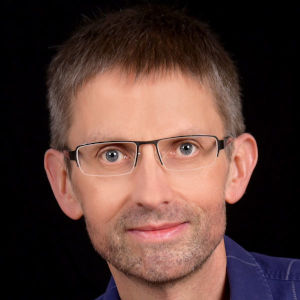
Uwe Gäbler
Infineon Technologies
Uwe heads the Infineon Development Center for Automotive Electronics and Artificial Intelligence Dresden. He has more than two decades of management and project experience as well as technical expertise in the semiconductor industry, innovation and applied research. At DC Dresden, chips and systems for automotive, industrial and consumer applications are developed and characterized. A central focus is on solutions for embedded and edge AI, hardware, software and services.

James L. McClelland
Stanford University / DeepMind
James L. (Jay) McClelland received his Ph.D. in Cognitive Psychology from the University of Pennsylvania in 1975. He served on the faculty of the University of California, San Diego, before moving to Carnegie Mellon in 1984, where he was a founding Co-Director of the Center for the Neural Basis of Cognition, a joint project of Carnegie Mellon and the University of Pittsburgh. In 2006, McClelland moved to the Department of Psychology at Stanford University, where he founded the Center for Mind, Brain, and Computation in 2007. He is currently the Lucie Stern Professor in the Social Sciences and Co-Director of the Center for Mind, Brain, Computation and Technology. McClelland has contributed to both the experimental and theoretical literatures applying neural network/parallel distributed processing models to problems in perception, cognitive development, language learning, and memory. He was a co-founder with David E. Rumelhart of the Parallel Distributed Processing (PDP) research group, producing the two-volume book, Parallel Distributed Processing (MIT Press, 1986), in which the PDP framework was laid out and applied to topics in cognitive psychology and cognitive neuroscience. He is a member of the National Academy of Sciences and a corresponding Fellow of the British Academy. His work has been recognized by many prizes and Awards, including the American Psychological Association's Distinguished Scientific Contribution Award (with Rumelhart) and the Heineken Prize in Cognitive Science.
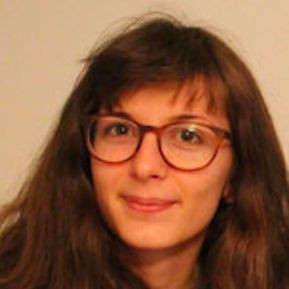
Mihaela Rosca
University College London / DeepMind
Mihaela is a Staff Research Engineer at DeepMind and a PhD student at University College London (UCL) under the supervision of Prof. Marc Deisenroth. Her research has focused on generative models (from variational inference, generative adversarial networks (GANs) and normalising flows) with a recent focus on optimisation. She is generally interested in anything related to learning probability distributions efficiently.

Katja Seeliger
Max Planck Institute for Human Cognitive and Brain Sciences
After studying Computer Science and Media at Bauhaus University Weimar and Computational Neuroscience in at Technical & Humboldt University Berlin, Katja obtained a PhD in Cognitive Computational Neuroscience at Donders Institute in The Netherlands. She is now at Martin Hebarts Vision and Computational Cognition Group at Max Planck Institute for Human Cognitive and Brain Sciences in Leipzig.
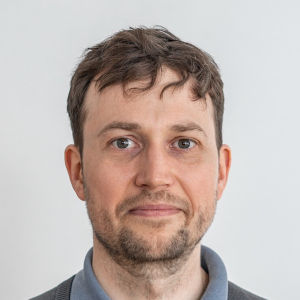
Martin Suda
Czech Technical University in Prague
Martin is a senior researcher at the Czech Institute of Informatics, Robotics and Cybernetics (Czech Technical University in Prague) working in the Automated Reasoning group. His main research interest is automated deduction and its improvements through the application of inductive techniques, such as deep machine learning. He is one of the developers of Vampire, an award-winning automatic theorem prover for first-order logic.


